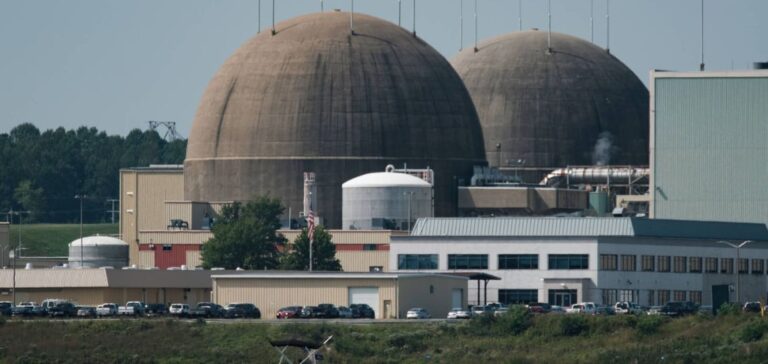Dominion Energy Virginia has issued a request for proposals to evaluate the potential for developing small modular reactors (SMRs) at the North Anna power plant. This initiative is designed to meet the future energy needs of its customers.
Evaluation of SMR technology
Dominion Energy is studying SMRs as a potential solution to complement its energy mix. These reactors are more compact and less costly to build, making them an attractive alternative to traditional nuclear reactors. The aim of the tender is to select the best available technologies and assess their suitability for the North Anna site.
Legislative and financial context
The company plans to apply to the Virginia State Corporation Commission (SCC) for recovery of SMR development costs this fall. Recently passed bipartisan legislation allows for this recovery, while limiting costs to $1.40 per month for the average residential customer. Dominion Energy expects its initial demand to be below this limit.
Institutional support and economic implications
At the announcement, political figures including Virginia Governor Glenn Youngkin and members of the state legislature expressed their support for the project. Legislation recently signed by the Governor facilitates the financing and development of SMRs, encouraging further diversification of the state’s energy mix.
Next steps
Dominion Energy’s feasibility study and technology assessment of SMRs are essential steps before any construction decision is made. The company is focusing on analyzing the costs, reliability and potential integration of these reactors into its energy portfolio. This project could represent a significant change for Virginia’s energy sector, with important implications for the state’s energy strategy and local economic development.






















